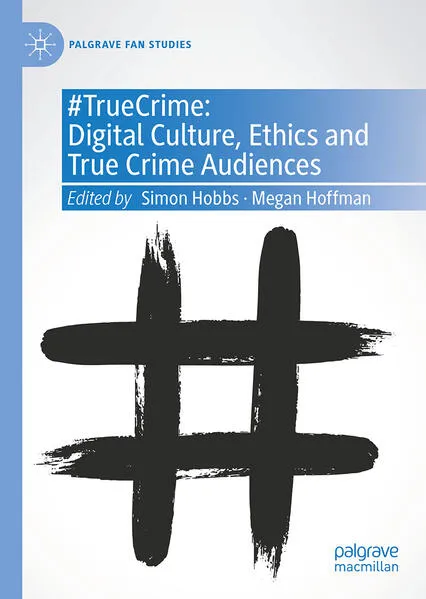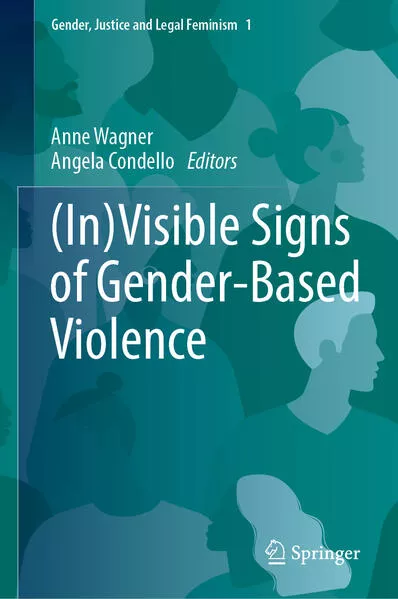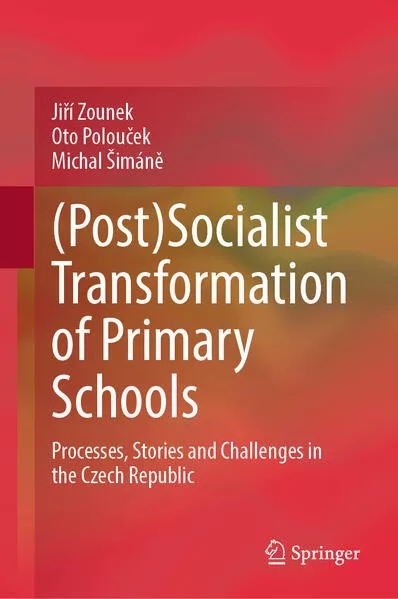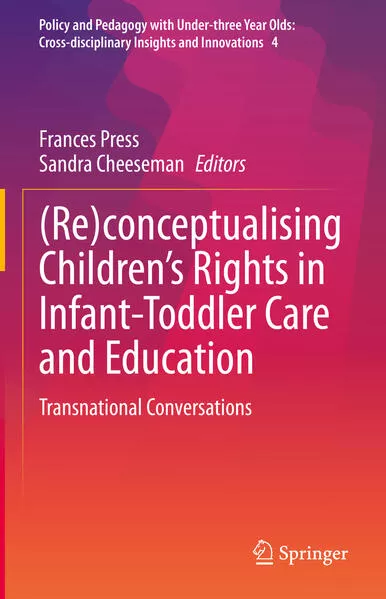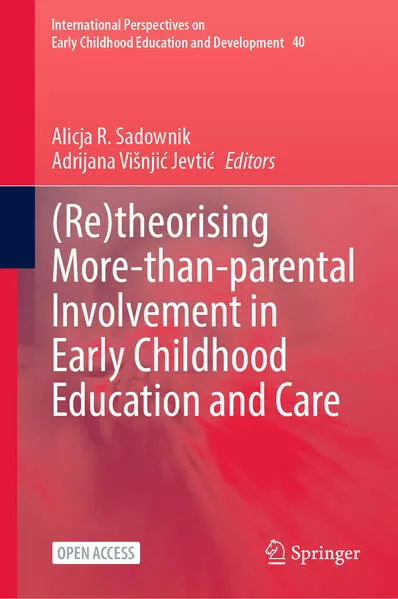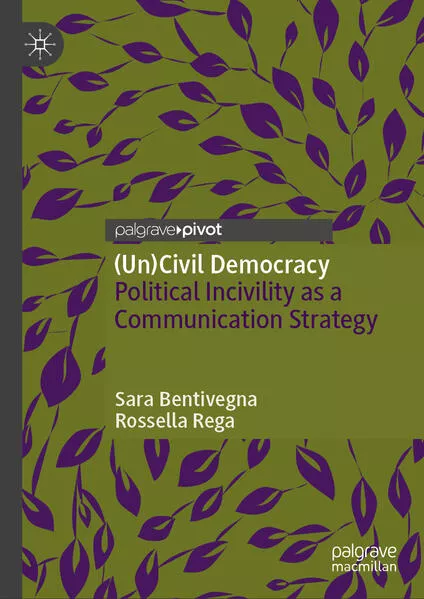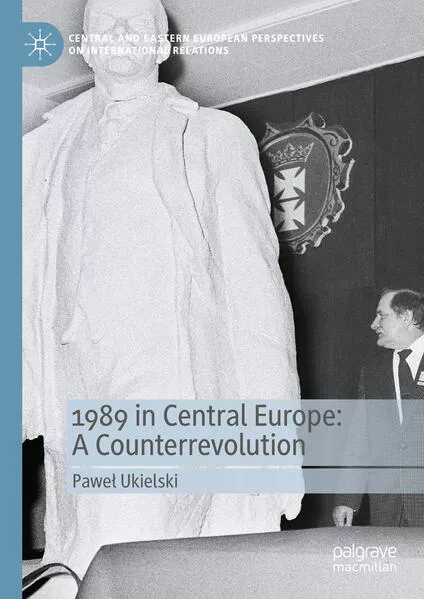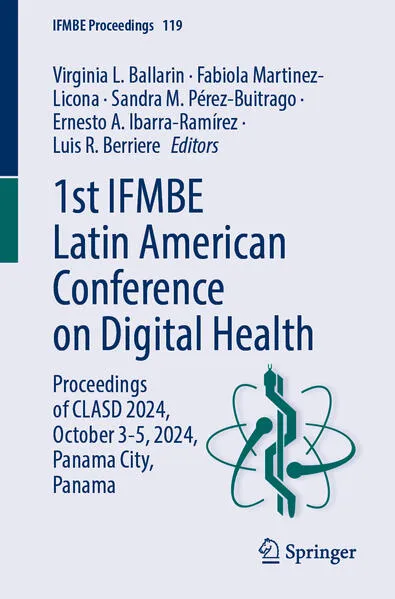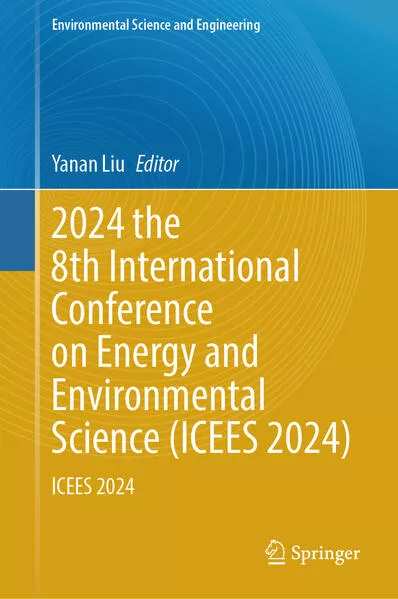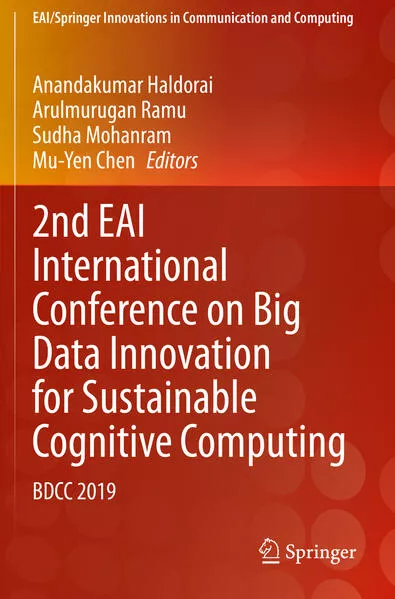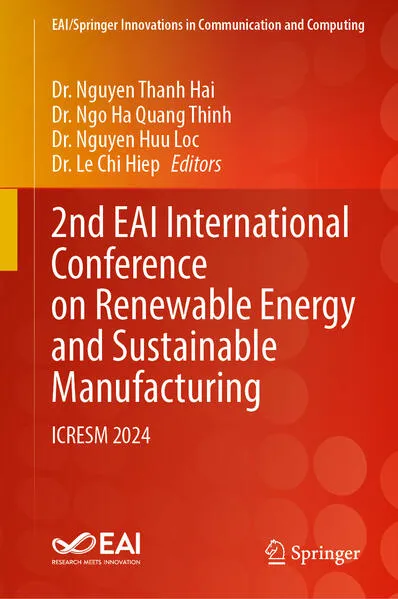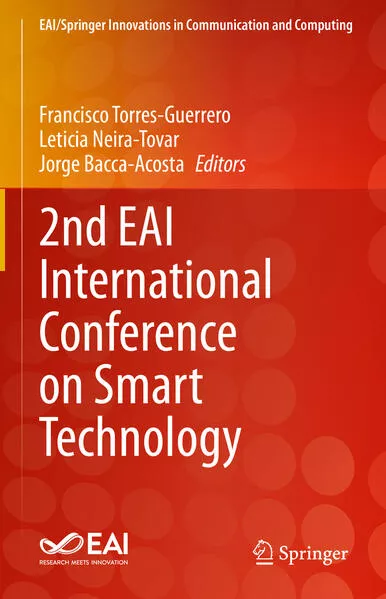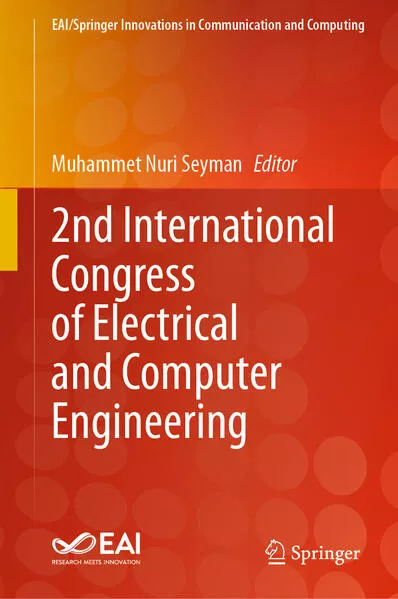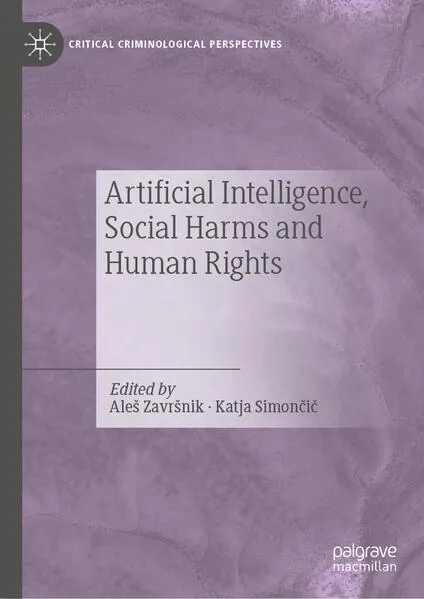
Artificial Intelligence, Social Harms and Human Rights
This book critically explores how and to what extent artificial intelligence (AI) can infringe human rights and/or lead to socially harmful consequences and how to avoid these. The European Union has outlined how it will use big data, machine learning, and AI to tackle a number of inherently social problems, including poverty, climate change, social inequality and criminality. The contributors of this book argue that the developments in AI must take place in an appropriate legal and ethical framework and they make recommendations to ensure that harm and human rights violations are avoided. The book is split into two parts: the first addresses human rights violations and harms that may occur in relation to AI in different domains (e.g. border control, surveillance, facial recognition) and the second part offers recommendations to address these issues. It draws on interdisciplinary research and speaks to policy-makers and criminologists, sociologists, scholars in STS studies, security studies scholars and legal scholars.
Unterstütze den lokalen Buchhandel
Nutze die PLZ-Suche um einen Buchhändler in Deiner Nähe zu finden.
Bestelle dieses Buch im Internet
| Veröffentlichung: | 10.02.2023 |
| Höhe/Breite/Gewicht | H 21 cm / B 14,8 cm / - |
| Seiten | 276 |
| Art des Mediums | Buch [Gebundenes Buch] |
| Preis DE | EUR 139.09 |
| Preis AT | EUR 142.99 |
| Reihe | Critical Criminological Perspectives |
| ISBN-13 | 978-3-031-19148-0 |
| ISBN-10 | 303119148X |
Über den Autor
Aleš Završnik is a Senior Researcher Associate at the Institute of Criminology at the Faculty of Law in Ljubljana and Associate Professor at the Faculty of Law University of Ljubljana (Slovenia). He was an EURIAS Fellow 2017/18 at the Collegium Helveticum, ETH, in Zurich. In the past, he was a postdoctoral fellow of the Norwegian Research Council at the University of Oslo (2012), and a postdoctoral fellow at the Max-Planck-Institute für ausländisches und internationals Strafrecht in Freiburg i. Br. (2009). He co-managed several international scientific networks of the COST (European Cooperation in Science and Technology) programme that were dedicated to technology, law, surveillance and delinquency on the Internet (e.g. currently Action CA16121 “From Sharing to Caring: Socio-Technical Aspects of the Collaborative Economy” and Action IS0807 “Living in Surveillance Societies” or the Action IS0801 “Cyberbullying” in the past).
His research interest lay in the intersection of law, crime, technology, and fundamental rights. He led a research project funded by the Slovenian National Research Agency “Law in the age of big data: Regulating privacy, transparency, secrecy and other competing values in the 21st century” (2014 - 2017). His most recent scientific achievements include an edited book “Big Data, Crime and Social Control” (Routledge, 2018); and “Drones and Unmanned Aerial Systems: Legal and Social Implications for Security and Surveillance” (Springer, 2015). He organized several conferences in these research areas, for example “Big data: Challenges for Law and Ethics” (Ljubljana, 2017) and “Spy in Sky: Regulatory issues of drones and unmanned aerial systems” (Ljubljana, 2013). He was an independent Ethics Expert with the European Research Council (ERC) and for the REA, the research arm of the European Commission, for Horizon 2020 projects.
Vasja Badalič is a Senior Researcher at the Institute of Criminology at the Faculty of Law in Ljubljana, Slovenia. His primary fields of research are contemporary imperialism and migration. He combines theory with extensive field-work, frequently visiting the Middle East and Central Asian countries, in particular Afghanistan and Pakistan. He is the author of four single-authored monographs, including The War Against Civilians: Victims of the “War on Terror” in Afghanistan and Pakistan (Palgrave Macmillan, 2019).
Before joining the Institute of Criminology, Vasja Badalič worked as a freelance journalist, reporting for Slovenian news media from the Middle East (Iraq, Lebanon, and Syria), Central Asia (Afghanistan), South Asia (India, Bangladesh, and Pakistan), and Latin America (Venezuela, Colombia, Bolivia, and Mexico). His work frequently appeared in Slovenian newspapers and magazines such as Delo, Dnevnik, Večer, and Mladina. He has appeared many times on Slovenian radio and television as an expert on Afghanistan and Pakistan.
Diesen Artikel teilen
0 Kommentar zu diesem Buch
.... weitere Publikationen von Springer International Publishing
Okkultes Historiendrama über den bedeutendsten Geheimkult der Antike - Spannung, Archäologie, Liebe und Mystery
Bewerbungsfrist bis zum: 17.03.2026




